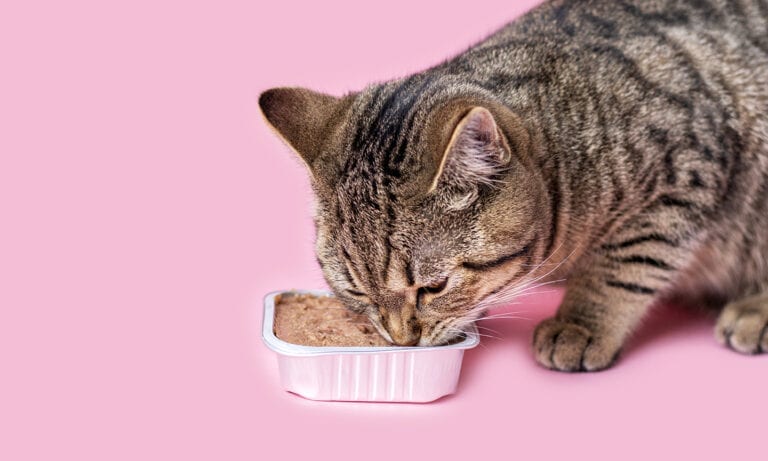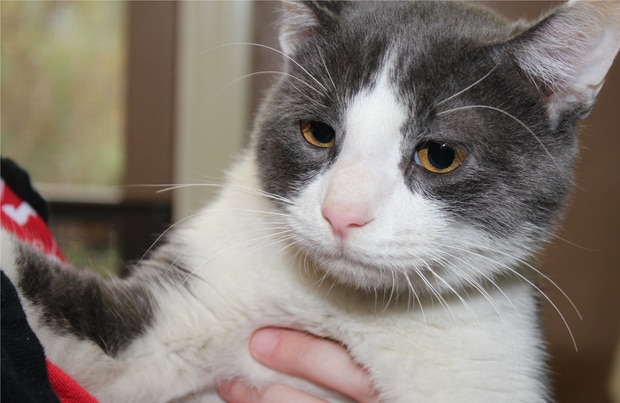Cats are such independent and resourceful creatures, so it can be easy to let our guard down as far as their summer safety goes.
“House cats are happy and healthy cats,” especially if you live on or near a busy street, says Dr. Michel Selmer, “The Caring Vet” and the owner of Advanced Care for Pets in Huntington Station, NY.
That said, many of us do have indoor-outdoor cats that seem quite happy with the arrangement. And with longer, hotter days upon us, it’s time to step up our efforts to keep our adventurous felines safe.
Here’s a list of the top outside hazards for cats, and how to protect your fluffy friend from each one.
Heat and Humidity
Does your house cat seem intrigued by what’s beyond her four walls? Does she stare longingly out the window or poke her nose tentatively in the direction of the breeze when you open the front door? If so, July may seem like the best possible time to bring her out on the deck with you, or pick up a cat harness and leash and trot her around the block.
But no matter how tempted you are, a hot, sunny, humid day is not the time for a lifetime indoor cat to explore the great outdoors for the first time, insists Aly DelaCoeur, an animal behaviorist and veterinary assistant in Seattle. “Such cats most definitely can get heat exhaustion,” she says.
Nighttime Dangers
If you have an indoor-outdoor cat, make sure the outdoor part of her life is limited to daytime hours. “It is more dangerous for cats to be outside at night,” says Dr. Selmer. “Not only might they encounter nocturnal, potentially dangerous animals, but headlights can startle and disorient.”
Hurt Paws
Your kitty’s feet can be burned on hot cement, asphalt, blacktop and sand, so again, limit outdoor time to the times of day when surfaces are cooler (early morning, or evenings, but before dark). Her paws may be even more sensitive to heat than your dog’s, which have had a chance to toughen up on his regular walks.
Don’t be fooled by the fact that the neighborhood stray who you feed seems to do just fine when you can fry an egg on the sidewalk.
“If the cat is primarily an outdoor cat, then he has learned what surfaces get hot and not to walk on them,” adds DelaCoeur.
Dehydration
A cool, dewy morning can turn into blistering heat in just a few hours, so set an alarm on your phone to make sure you don’t lose track of how long your cat has been outside.
“The intensifying heat [as the day progresses] is something to be aware of,” says Rachel Barrack, DVM, CVA, CVCH of Animal Acupuncture In New York City. “Always provide fresh, clean water to keep your cat well hydrated.”
Leave a few water bowls outside (in the shade, if possible), and toss a few ice cubes in.
Itchy Skin
“It’s important to keep your cat well-groomed to prevent skin irritation,” says Dr. Barrack.
Healthy skin and coat will also help your cat regulate her temperature on warm days.
Parasites
If your cat goes out at all, ever, or another pet in your home does, they should be on flea and tick preventatives. Always check your cat for ticks when she comes back inside the house, especially if there is long grass around your property.
Getting Lost
An energetic cat can get farther from home, in less time, than you might suppose.
“Be sure to get your cat an ID collar, and microchip her if you can!” urges Dr. Barrack. Dr. Selmer agrees that microchipping is ideal, and adds that the collar should be reflective, with a safety catch that releases if your cat gets caught on something.
Allergies
Like dogs (and, of course, people), some felines who spend time outdoors can develop environmental allergies, including fleas and pollen. If your cat is scratching a lot, is sneezing and/or has teary eyes and a runny nose, speak to your vet.
You might want to ask if Chinese herbal therapy can benefit your cat, which, according to Dr. Barrack, is “a great way to alleviate chronic conditions, including allergies.”
Summer is a good time to check in with your vet, anyway, to make sure all of your indoor-outdoor cat’s vaccinations are current.
And while this is imperative 12 months a year, it bears repeating now: be sure your cat is spayed or neutered.
Featured Image: Via iStock.com/elenaleonova
Share:









